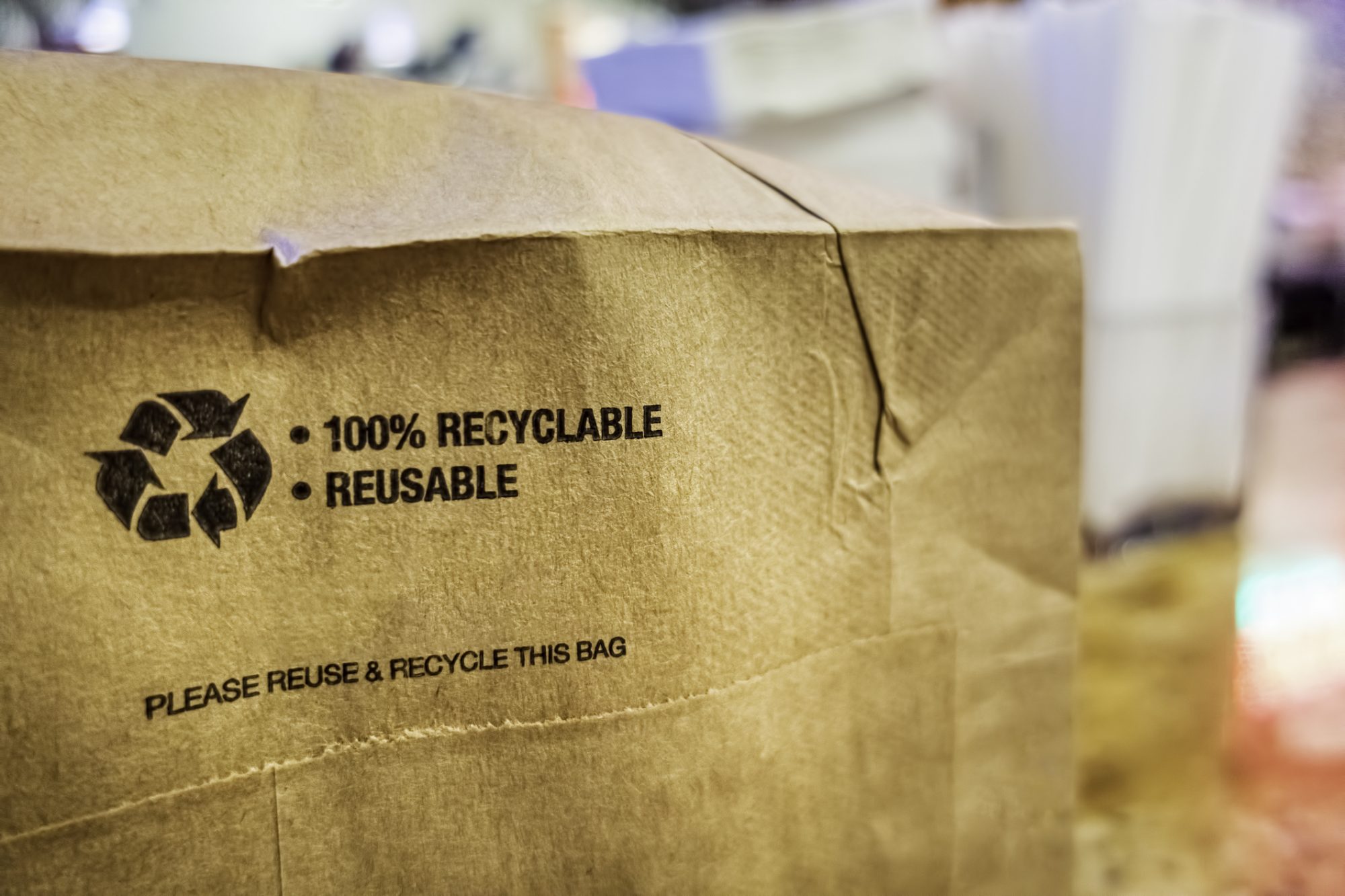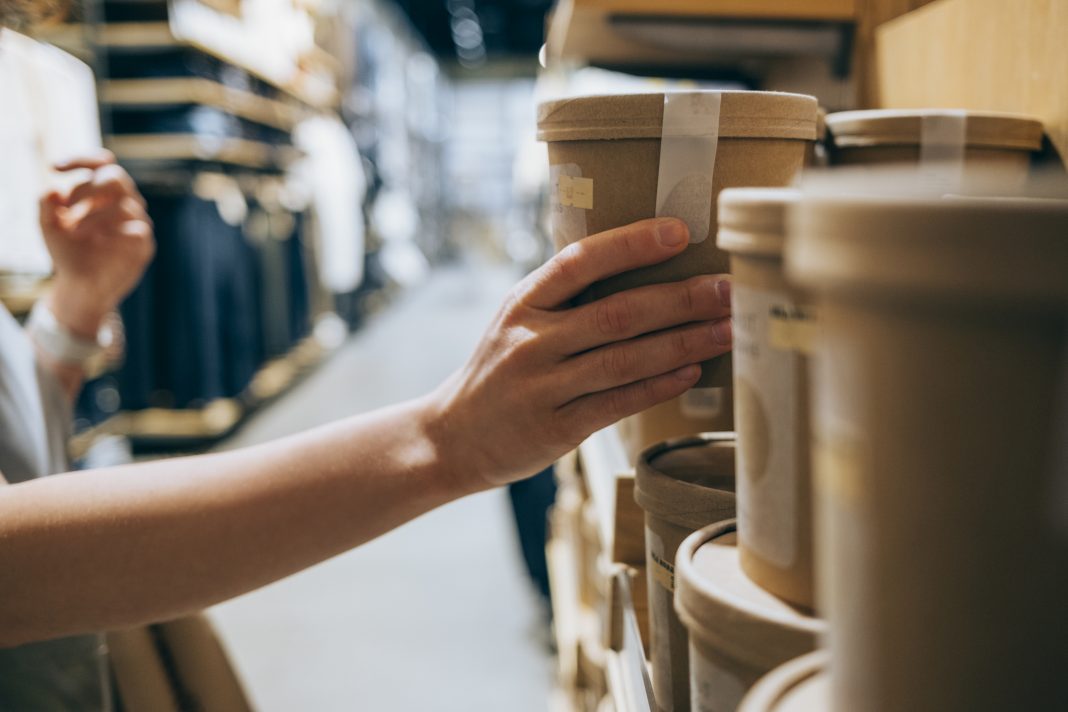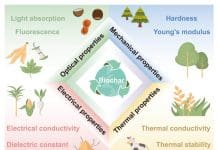To mitigate the impacts of climate breakdown, we need to shift towards a sustainable regeneration system in the value chain which is circular
Human activity has already transformed the planet at a pace and scale unmatched in recorded history. And we hate to be the bearers of bad news, but our carbon-cutting efforts are, well, just not cutting it… We desperately need a wave of sustainable regeneration in our practices.
Those who haven’t acted yet cite a lack of internal expertise as the foremost hindrance to pursuing solutions. Too expensive, not interested, not enough information, too complicated, not available, too inconvenient, too time-consuming, and not good quality – these are the commonly cited blockers from those yet to learn the truth about the packaging value chain and the social and environmental impact this has.
Humans are biological creatures operating with instincts that evolved millions of years ago. In a rapidly changing world, and as we adapt to new circumstances, we must regularly reckon with our deep past.
We can’t repair our relationship with the planet without repairing our relationship with ourselves
The key to progress on climate change and sustainable regeneration is in the psychology of human attitudes and our ability to change. Whether you’re already alarmed and engaged with the issue, concerned but disengaged, a passive sceptic or an active denier, understanding our emotional reactions to climate change – why it makes us anxious, fearful, angry, or detached – is critical to coping on an individual level and convincing each other to act.
To mitigate the impacts of climate breakdown, we need to shift towards a system that is regenerative and circular and applies a systems approach. We cannot tackle the integrated issue of climate breakdown silo by silo, country by country, or pledge by pledge.
Only 59% of customers globally think businesses are doing enough
But the problem is that more than three-quarters of corporate social responsibility (CSR) decision-makers worldwide think their customers believe they’re doing enough to combat climate change. Consumers themselves tell an entirely different story – a particularly stark disjunction in some regions. Only 59% of customers globally (60% in the U.K.) think businesses are doing enough [Exasol].
The average European generates 180kg of packaging waste yearly, which could rise 19% by 2030 without action. Thankfully, regulations and pacts are changing the landscape for packaging innovation.
Making use of data, and packaging by numbers
Data reveals logic and inspiration in equal measure. And the numbers are slowly ticking toward a critical mass embrace of sustainable regeneration. Finally, most brands are rising to the occasion out of concern for the environment and to align with consumer demand.
Moments of affirmation are important in sustainable business. The green economy can now be powered by and made available to everyone. And we pride ourselves in being at the forefront of sustainable packaging solutions that do good for both people and the planet.
By now, we’d like to think the packaging data collection market would be maturing. In an ideal world, we would highlight our combined activities’ transformational impact globally.
But the truth is, using data to measure packaging outcomes is a young science – a critical young science nonetheless, which will need to grow up much quicker than it would like.

Data can create ripples of change across the entire packaging value chain, providing the specificity for informed decision-making and ensuring the transparency and accountability that can ensure sustainability within the packaging sector.
We work closely with those on a mission to understand the truth about their value chain: the who, where and how involved in making their products and packaging, and the social and environmental impact this has. Those with the goal of full transparency of all materials, processes, partners and facilities, from raw materials to finished products.
Transparency isn’t the norm, so bearing your soul like this can be hard and slow. But those taking a leap are showing the industry what true transparency can look like.
Environmental momentum demands movement
Everything starts somewhere. So, while the world may seem stacked against us in big and small ways, data and the circular economy can help build the unstoppable momentum needed to rise above.
Often when a goal seems daunting, it’s because there’s no momentum. The answer? Find the lowest-hanging fruit to create a win, build positivity, and use that initial momentum to achieve the next success.
The small wins will quickly compound and lead towards amazing results
You must also deal with negative momentum, where bad things have compounded to create a death spiral. In this case, you must stop the momentum. Figure out what the breaker is and what underlying forces drive the negativity, and apply your full force to address the issue.
You’ll achieve greater clarity on critical actions and results by evaluating your priorities based on whether they have positive, negative, or no momentum.
The need for extended producer responsibility (EPR) legislation
One big lever we are just beginning to see used is extended producer responsibility (EPR) legislation. Well-designed EPR policy provides the framework materials recovery stakeholders need to make their systems work even better.
For sustainable regeneration to be a true commercial priority for corporations, legislation must incentivise sustainable choices and de-incentivise unsustainable ones. Governments worldwide have begun stepping up, enacting recycling claim standards, packaging bans and EPR laws. Progress is slow, but it’s gaining momentum.
Our version of a conscious business begins with the values of gratitude, collaboration, and learning. We are grateful that we can contribute our talents and resources to serve organisations and people we believe in. We work with clients who care deeply about their customers, their associates, and the communities they do business in. We don’t need 10% of us to live fully sustainable lives; we need 100% to make small sustainable choices every day.
This piece was written and provided by Josh Corradi-Remi, Commercial Manager at Ecoveritas.











